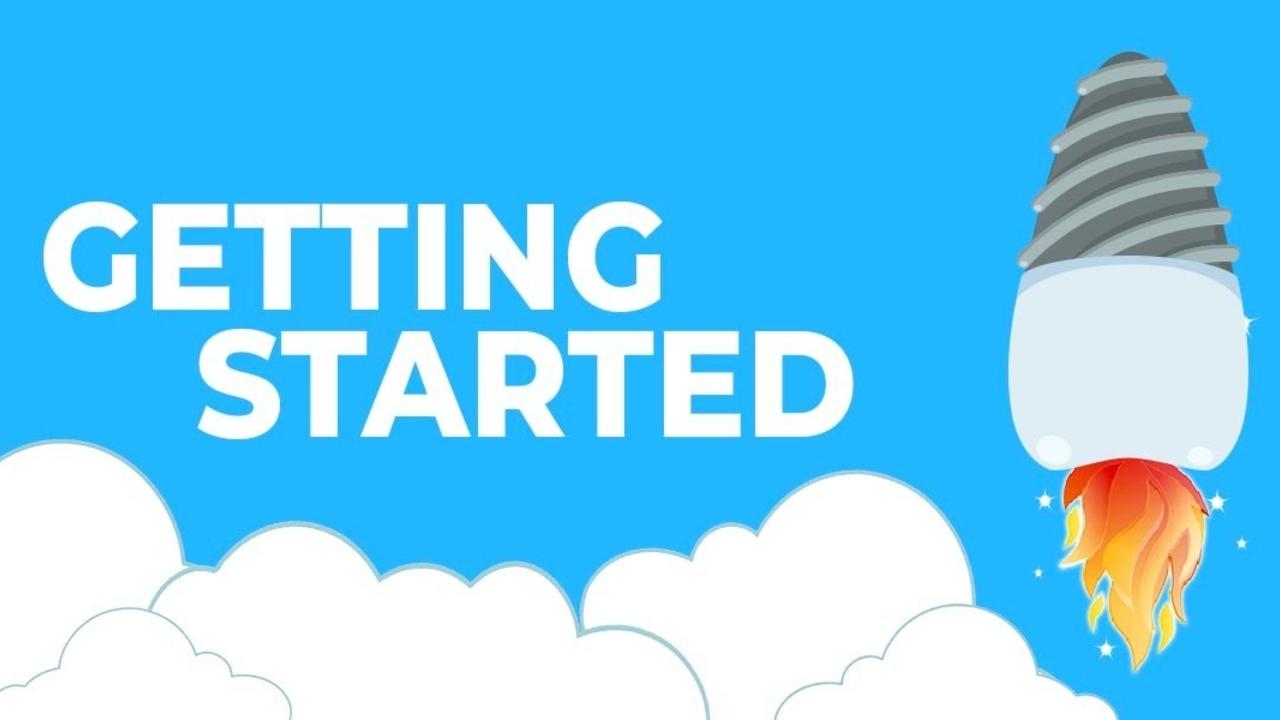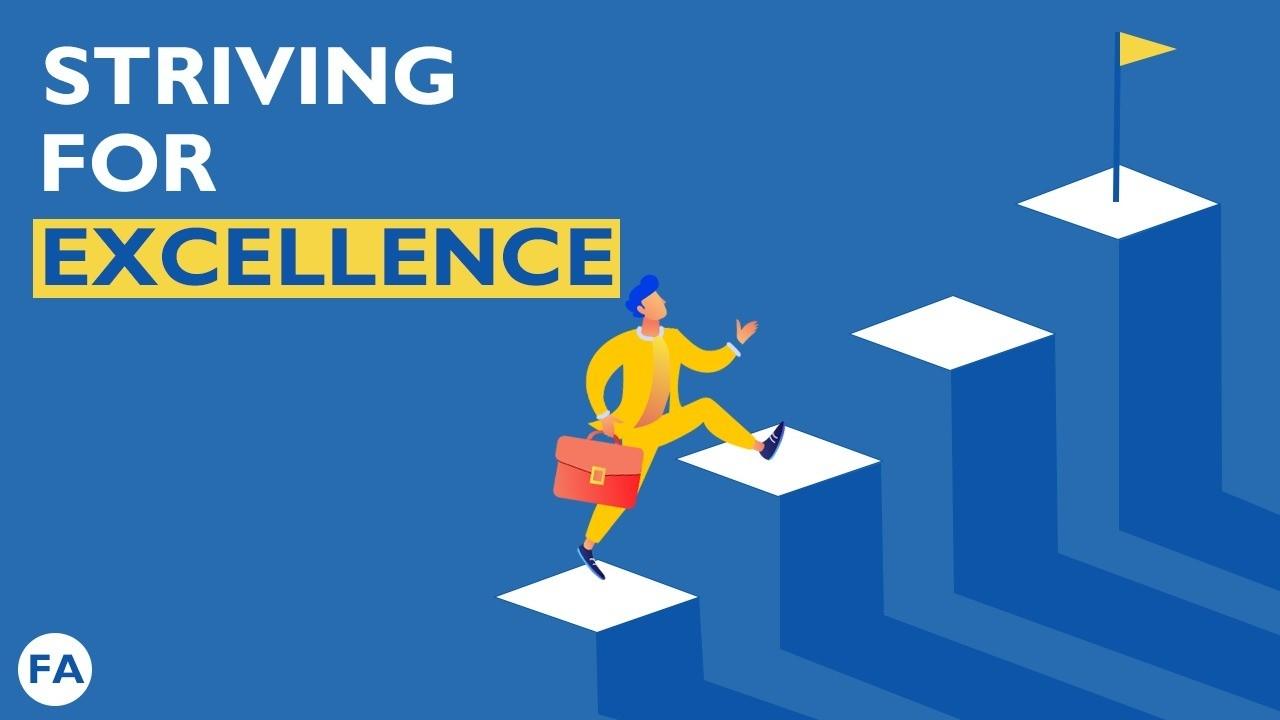Reflection

Following completion of a surgical procedure it is always helpful to deconstruct the processes involved and assess performance. As someone who mentors other clinicians in implant dentistry, I always give feedback and ask the mentee to reflect.
Dewey said “We do not learn from experience. We learn from reflecting on experience.”
A series of studies from the Harvard Business School and the University of North Carolina demonstrated the value of reflection in helping people do a better job. The research papers showed that reflecting on what you’ve done teaches you to do it better next time.
Benefits of reflection include:
- Forces you to think more deeply leading to greater insight and learning
- Connects rational decision-making process with the more effective learning through experience
- Challenges you to be honest about what you say and what you do
- Acts as a safeguard against rash decisions
Self-reflection is not an innate gift, it requires...
Getting Started

There are a number of ways to get started in Implant dentistry.
During the COVID-19 lockdown in April 2020 I made a YouTube video on my 5 TOP TIPS to getting started in implant dentistry.
- Courses which may be in person and/or online. There are so many to choose from and a large range in the fees that are being charged. It can be very confusing to know where to start. Get in touch with alumni from these courses and ask about their experiences. This also is a great way to network. Also think about the potential return on investment following the completion of a course.
- Get a MENTOR. The single most powerful way to develop in implant dentistry. I would not be where I am today without having had mentors to guide and help me.
- Start building your BRAND. This will help in all aspects of dentistry including implant dentistry. You need to be present and visible to your target...
High Standards

It is a privilege to do the work we do as clinicians. Let us aim for, and maintain high standards in our clinical work. Remember the work we do is a reflection of who we are. I teach and demonstrate this when I am mentoring colleagues in full arch implant dentistry.
In the context of full arch implant training, this would involve meticulous planning and preparation for the surgical procedure. Following a review of the clinical assessment, examination, and imaging, an appropriate treatment plan is formulated and presented to the patient. After informed consent, preparation for the day of surgery begins by working through a checklist that ensures nothing is overlooked. Prior to the day of surgery, the planned procedure is talked through, mentally visualised, and rehearsed multiple times. Only then are we ready to start.
The results we achieve reflect the standards we have set ourselves.
By setting high standards we are instantly...
How I plan a Full Arch Case

When I teach and mentor full arch implant treatment, I always emphasise to colleagues the importance of planning.
As Stephen Covey said “All things are created twice; first mentally; then physically. The key to creativity is to begin with the end in mind, with a vision a blueprint of the desired result.”
This is exactly how we should be approaching full arch implant treatment, with it being clear in our minds the type and material of prosthesis which will be fabricated as a definitive restoration for the patient. It is only when we have the “end in mind” can we then work retrospectively to create.
Prior to planning a case a comprehensive history, psychological assessment and an understanding of patient expectations is important.
Clinical assessment will guide the decision making process in identifying if a full arch implant solution is an acceptable treatment plan and also if a fixed and/or removable solution is...
Striving for excellence.

Those who know me and have worked alongside me know I take immense pride in my clinical work. I am always pushing myself to be better as I strive for excellence.
Two things that are very important to consider are the following: What is excellence? and how do we strive for it?
Daniel F Chambliss described excellence as the ‘consistent superiority of performance’. In his study he observed 100s of swimmers of various abilities over the years to analyse what leads to excellence.
Conclusions from this paper include that doing more of the same thing does not lead to excellence but reflecting and making change does. Dissect the technical process carefully and always look to make small refinements. To achieve excellence we need to take action.
After every surgery I will analyse what went well and identify areas to improve for the next time. Changes which are consistent, careful, repeated and compounded together over time will then...
First LEARN then remove the L

Many people ask me about my career journey. Partly out of interest and partly to see if my journey can help them on their own career path. A major part of my success has been my focus on learning before earning.
The diversity of my experience and the opportunities I have had to learn from other clinicians has directly contributed to my clinical progress and my earnings.
My primary focus has always been learning and I have allowed the earning to materialise organically. By following this philosophy, I have seen progressive increasing financial reward.
For example, following the completion of dental school I was keen to increase my exposure to varied disciplines in dentistry. I therefore entered the general professional training programme which exposed me to hospital and community dentistry. This broad experience was invaluable to broaden my knowledge and helped me identify an area within dentistry that I wanted to laser focus in. After...
Set up Clinical GOALS

Speed up your clinical progress by setting GOALS.
Goals give your mind focus, imagine shooting an arrow without a target to aim at. What would you be aiming for?
When you set goals for yourself you are able to measure progress because you always have a fixed endpoint or benchmark to compare with.
By setting goals you make yourself accountable to finish.
Goal setting provides the foundation for your drive. Focus develops motivation.
As Seth Godin says,
“The thing about goals is that living without them is a lot more fun, in the short run. It seems to me, though, that the people who get things done, who lead, who grow and who make an impact… those people have goals.”
